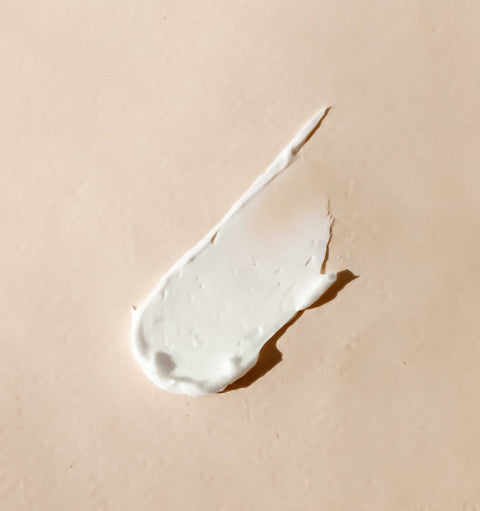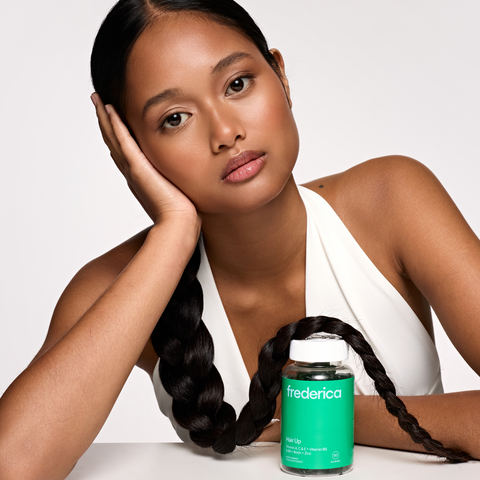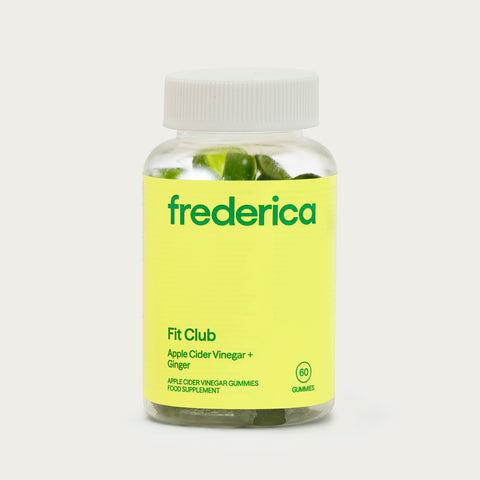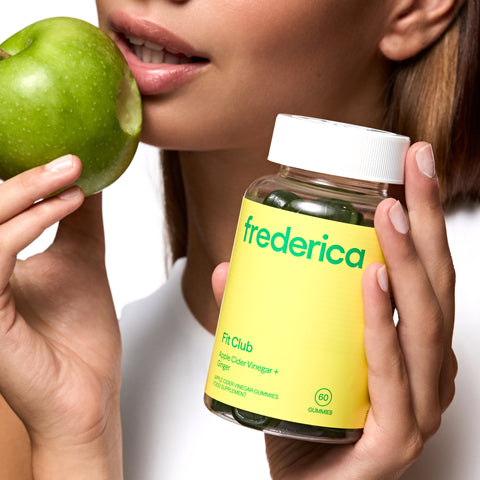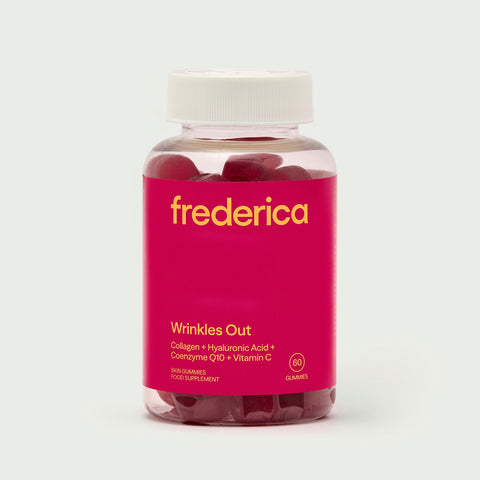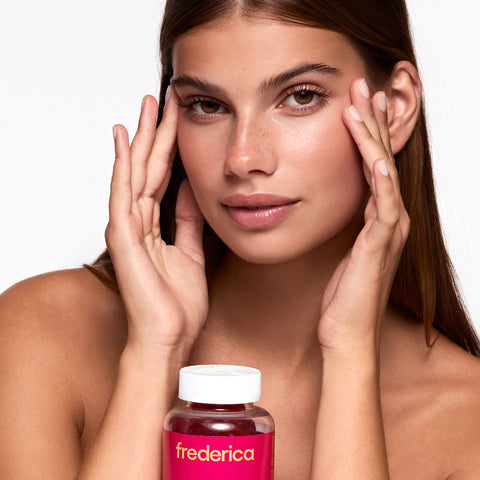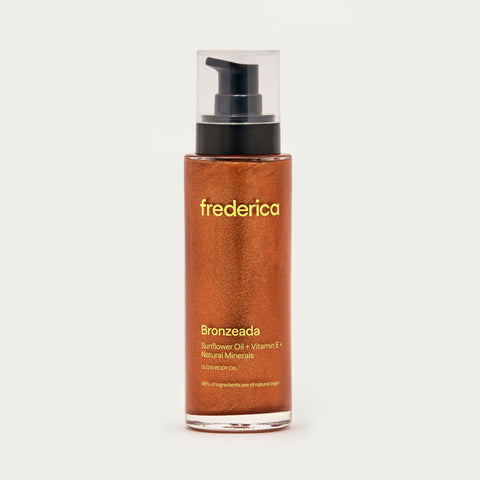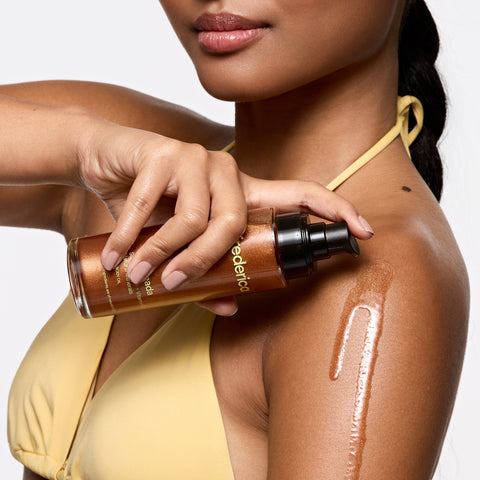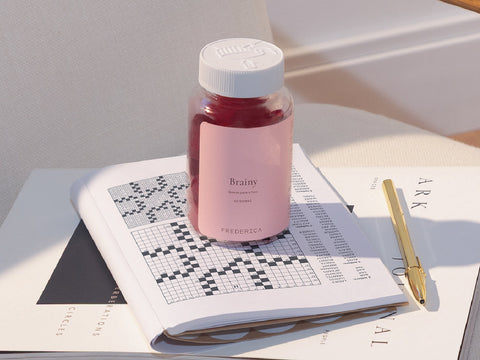Protecting your skin from the sun and pollution requires a skincare strategy that's as rigorous as the needs of each skin type. However, there are some things you should never neglect. Read on to find out.
Cleaning
It's important to start by applying micellar water or a cleansing gel, whether cream or foam. Creamy textures are generally more suited to dry skin, while gel textures, on the other hand, are specifically designed for oilier skin. Use a toner to ensure an even complexion and also to soothe and revitalize the skin, sealing this first phase in the best possible way. If you want an even deeper cleansing effect, be sure to use a skin cleansing device, such as a Foreo .
Hydration and treatment
Moisturize and treat: the most important step to achieving radiant summer skin. And since this is a truly essential moment, it's advisable to do it for a few minutes, almost as if it were part of a meditative ritual. Can you imagine? Moisturizing doesn't have to be a chore.
Start with a layer of moisturizing lotion to prepare the skin and improve product absorption, allowing all its nutrients to penetrate deep into all layers of the dermis.
If your skin is prone to irritation or redness, consider using a suitable elixir to combat these issues, especially since they can worsen after intense sun exposure. Apply this product using a gesture similar to the one you use when typing on a computer, gently tapping the skin with your fingertips, covering the contours of your face and the T-zone with several touches, finishing with light pressure.
Sun protection
After completing the previous steps, it's crucial to have a moisturizer with SPF on hand. There are some products of this type, specifically designed to protect skin in urban or natural environments, and they incorporate a series of filters that protect not only from different types of radiation but also from pollution.
Along with all this, drinking at least two liters of water a day is also on the list when it comes to hydration. Although our bodies are composed of about 65% water, drinking eight glasses of this beverage, with or without lemon, is important. However, there is no conclusive evidence regarding its direct positive effect on our skin, other than the fact that it is one of the best vehicles for transporting oxygen and nutrients, simultaneously "watering" the body's largest organ.
We can summarize a moisturizing treatment for our skin in two essential steps: the first consists of avoiding irritating or dehydrating agents that can alter the lipid layer; the second, in turn, focuses on providing moisturizing agents, in the form of a cream or mask.
Hyaluronic acid, your best friend
The cosmetics that best help hydrate your face are formulas containing some form of glycolic acid, which acts as a skin-renewing agent, giving it a more well-groomed appearance. Some antioxidants, such as vitamin C, are responsible for neutralizing skin oxidation, simultaneously promoting a luminous and hydrated appearance.
Hyaluronic acid, in turn, is one of the best molecules for hydration, although it doesn't penetrate the skin barrier, remaining only in its most superficial layer. This acid also has an enormous capacity to capture water, providing an immediate hydration boost .
It's crucial to avoid using very hot water, as this will irritate your skin and lead to further dehydration. Instead, use cold water, which causes vasoconstriction (contraction of blood vessels), improving skin microcirculation. Finally, simply apply a moisturizer and let its active ingredients do the rest.
The best thing we can do for our skin is to take care of it: first, by applying sun protection, as sun exposure causes dark spots and worsens the barrier function; second, by using products that renew and hydrate; and finally, by taking advantage of antioxidants that combat the daily damage caused by stress and pollution. None of these three tips, however, exempt us from drinking plenty of water. Your body will love it, and so will your skin.
Article adapted from Vogue Spain.


